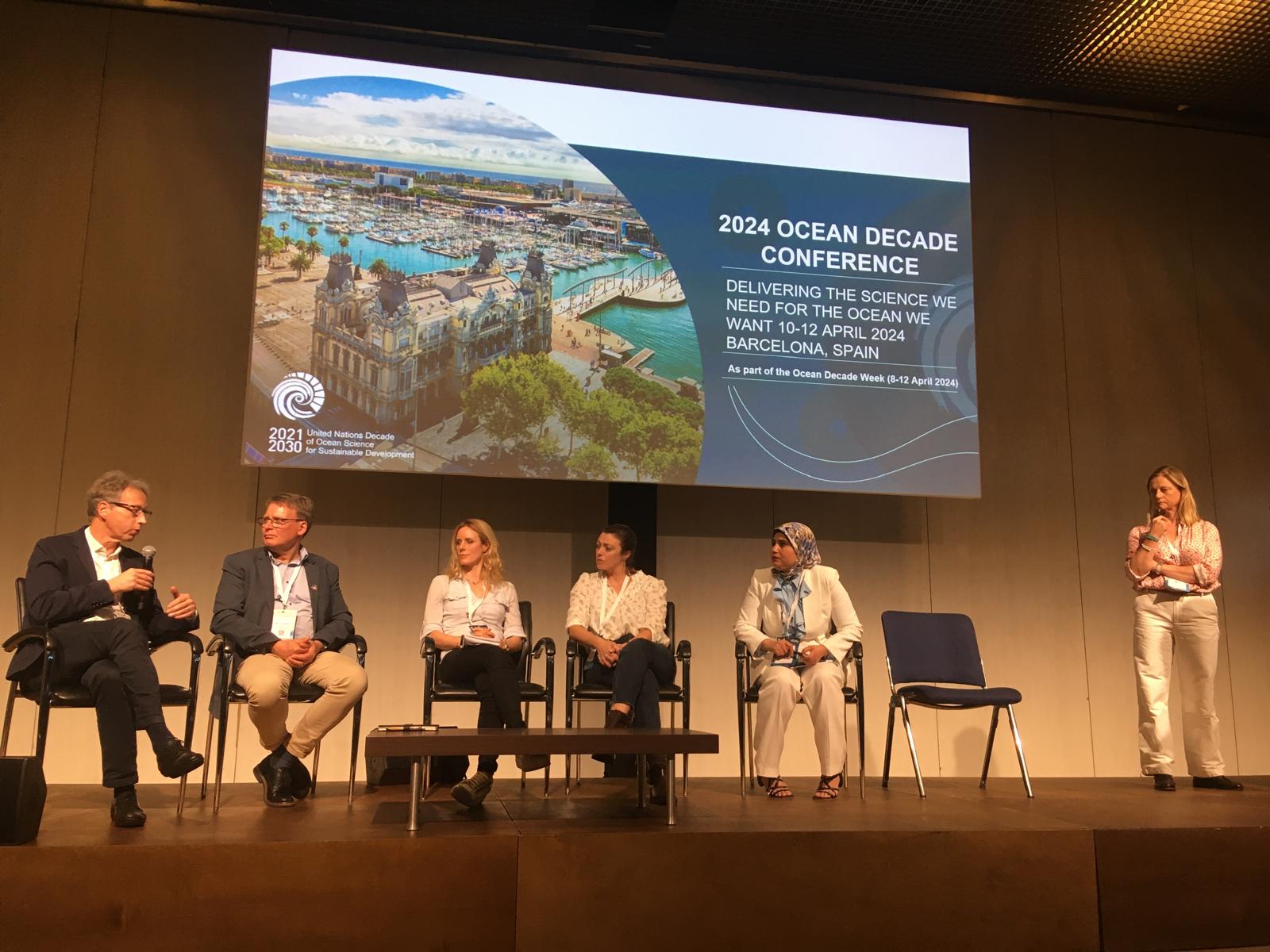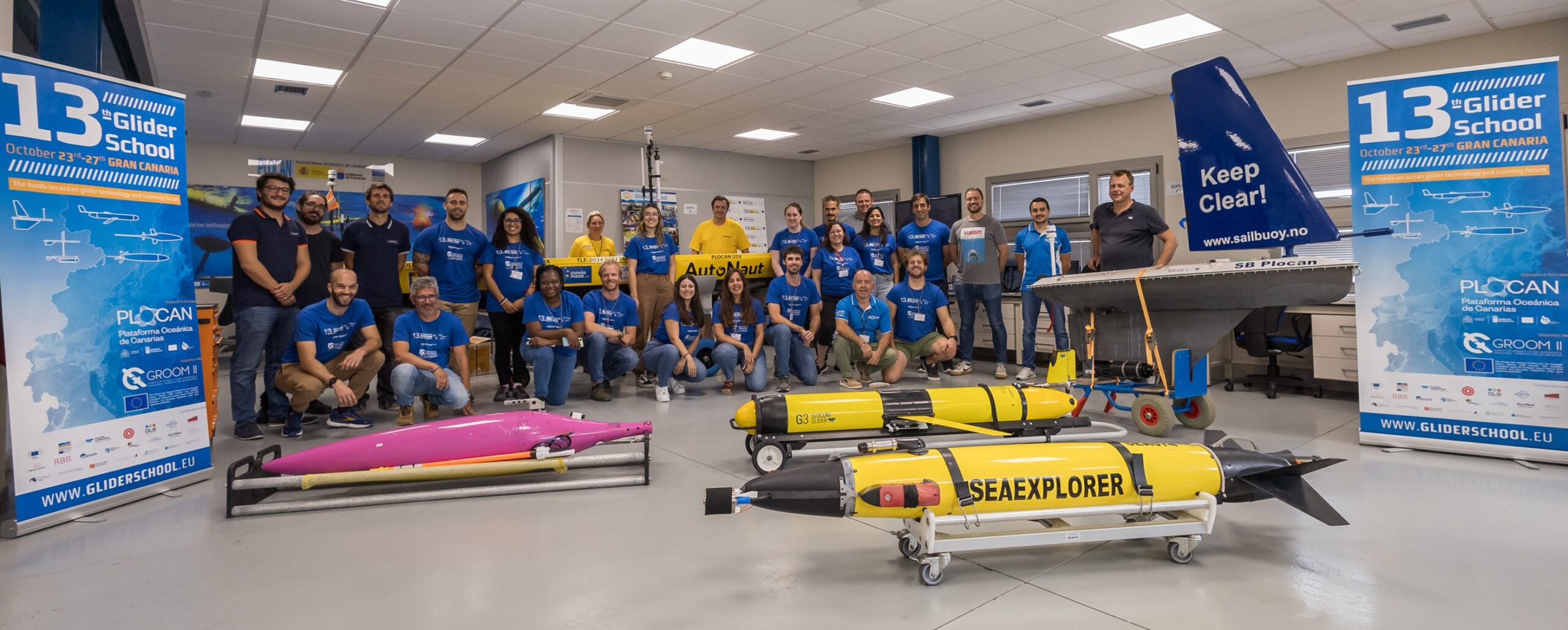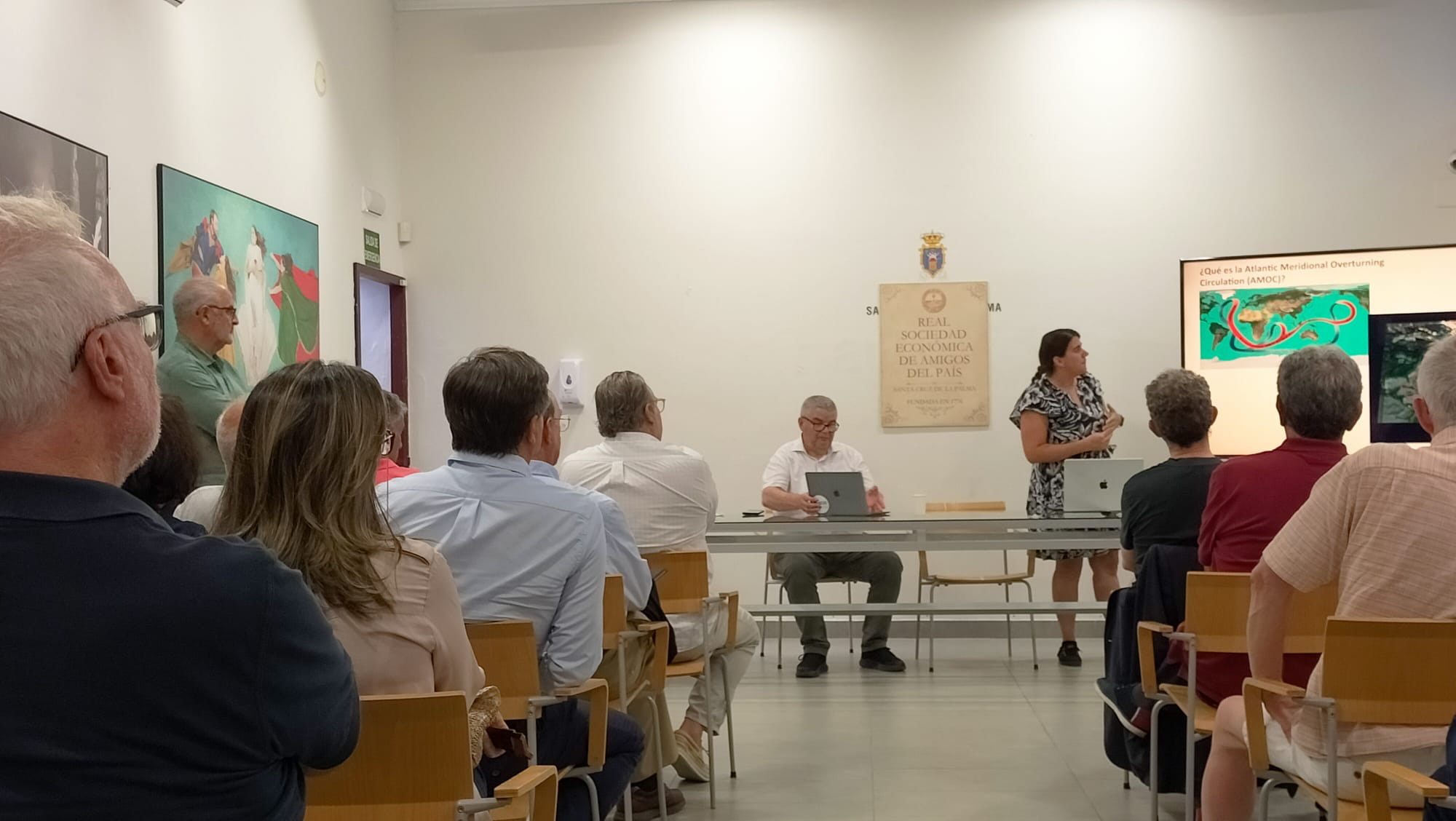The use of autonomous unmanned marine systems aimed at observing the ocean environment in order to achieve a safer, more efficient and sustainable activity compared to conventional systems, has been highlighted in the second session of the Glider School of PLOCAN, which brings together students and collaborators from fifteen countries from four continents with the main world manufacturers of commercial technologies.
The session has valued the development and implementation of this type of next-generation robotic systems, and the evolution to new applications, operators and users of the marine and maritime sector in the context of the Digital Ocean 4.0 strategy
The monitoring of water quality in ports, aquaculture facilities, bathing areas, protected marine areas, and adverse atmospheric phenomena (hurricanes, volcanoes, etc.); the surveillance of critical infrastructures; the intervention in risk areas (spills etc.); long-term observation of time series; bathymetries and monitoring of ecosystems (under ice, fumaroles, etc.) and species (cetaceans, etc.) stand out among the current applications.
The Glider School, in addition to the different glider technologies, dedicate specific sessions to marine sensors and the rest of the component accessories that make up these autonomous observation platforms, such as satellite telemetry and propulsion systems based on blue energy.
Furthermore, the Glider School promotes the participation of reference users worldwide willing to share their experiences with the attending students, continuing its commitment as an international reference forum for high-level training in marine technologies for ocean observation .



